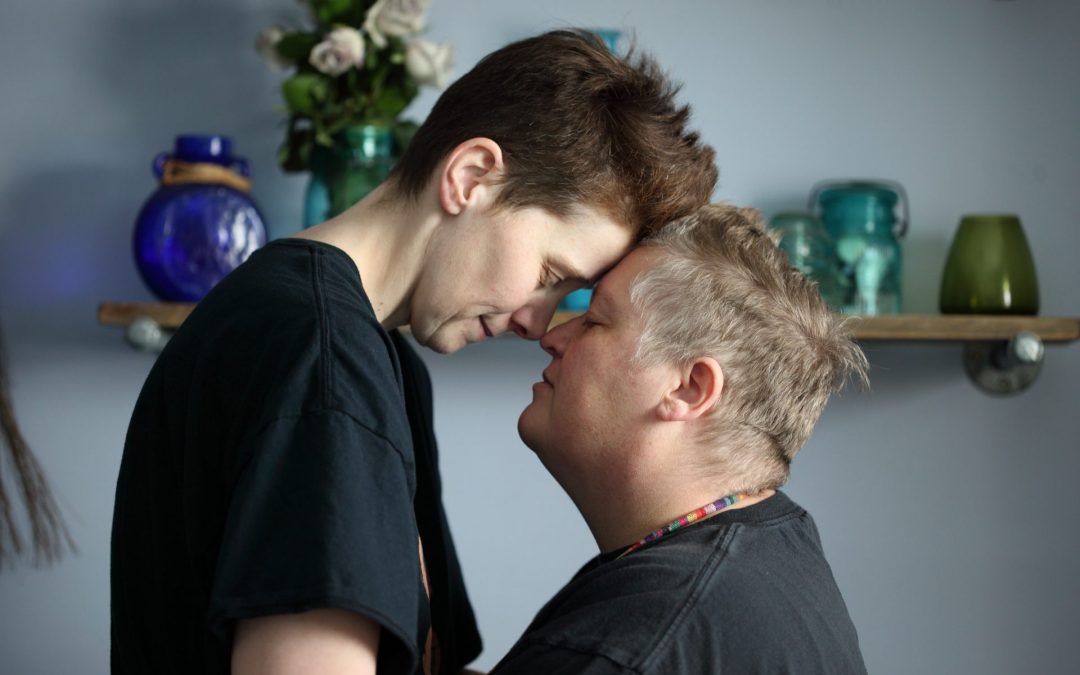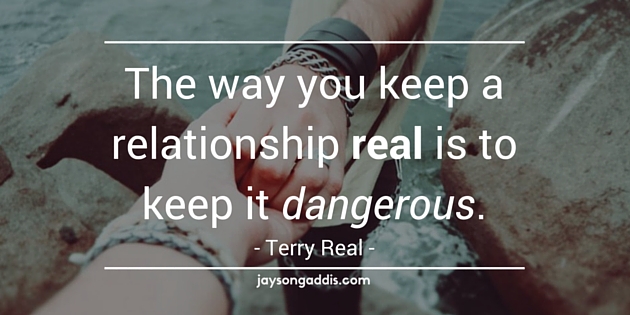Advice For When You Get Hurt
We get hurt, right? You’ve been hurt, I’ve been hurt. You’ve hurt other people and other people have hurt you. At one point in our lives, every single human being on this earth has been hurt by someone. So, what should you do when you get hurt? Read on, as I have some advice for when you get hurt.
I want to share a disclaimer about the type of hurt I’m talking about. I get people asking me, “Are you saying I’m in an abusive relationship, and getting hurt is okay?” I’m not talking about abusive relationships. That’s a different topic. I’m here to coach you through ‘normal’ relationship hurt. And sometimes that hurt comes from a co-worker, a family member, an intimate partner, your child, or a parent.
If you have a fantasy that good relationships mean you never get hurt, you’re in for a world of hurt because that’s not how relationships work.
So, what can you do in these situations? Nonetheless, ignoring the pain and avoiding the person who hurt you might work for a short time. But good relationships include pleasure and pain. They include joy and sorrow. Here is some good advice to follow when you get hurt.
Repair and Reconnect
In a good relationship, how do we repair and reconnect after we hurt each other? In any type of relationship whether it’s a friendship, a partnership, or marriage after we hurt each other you both come back around and you clean up the mess.
That’s the hallmark of a good relationship. Both people take responsibility for what caused the other person to get hurt and you figure out a way to move forward.
But sometimes after we get hurt in a relationship, we avoid each other and think that we’re never going to open up to anyone ever again. Well, we can’t close ourselves off from emotional pain forever. Conflict is inevitable. It’s the way you both handle conflict that will get you through the emotional pain.
I want to share one of my favorite quotes from poet Maya Angelou, “Have enough courage to trust love one more time and always one more time.” I think what she means is you’re going to get hurt again in a month, in a year, and in five years, but that’s not enough of a good reason to not open your heart.
So have the courage to open your heart again even after you’ve been hurt by that last breakup, your current partner, even by your parents when you were a little kid. That is the best advice for when you get hurt – to continue to have the courage to open your heart to love.
Yes, you got hurt. It doesn’t disacknowledge or not acknowledge that. What I’m adding to Maya Angelou’s quote is, “Let’s open our heart again. And again and again.”
Here’s a short video on Advice For When You Get Hurt:
Have a supportive inner circle
I think it’s our responsibility in the context of intimate relationships and close friendships, if you’re in a relationship where you feel like you can’t open your heart, that is your problem.
Here is more advice for when you get hurt. You need to surround yourself with people who will actually accept you as you are. Along with challenging and supporting you to be who you are. That is a great relationship.
So my advice to you is to have enough courage to trust love one more time even after you’ve been hurt. You can do this because you’re lovable, you’re so worthy of love, just the way you are.
Even when you feel broken and feel hurt, sometimes it’s the hurt and the heartbreak that actually opens your heart to a deeper level of love.
That’s why staying in a relationship with people who hurt you and if both people are mutual, fair, kind, and willing, we can go so much deeper together. Because it’s like, “Oh, I hurt you and now I need to clean up and make it right again. And we do that for each other.”
Superficial relationships are okay to have in your concentric circles, but you are going to get hurt by your inner circle people. When you develop tools, understanding, and the capacity to work through conflict, you can have much more fulfilling relationships.
—–
Want more relationship help? Take our free virtual relationship workshop here.

















